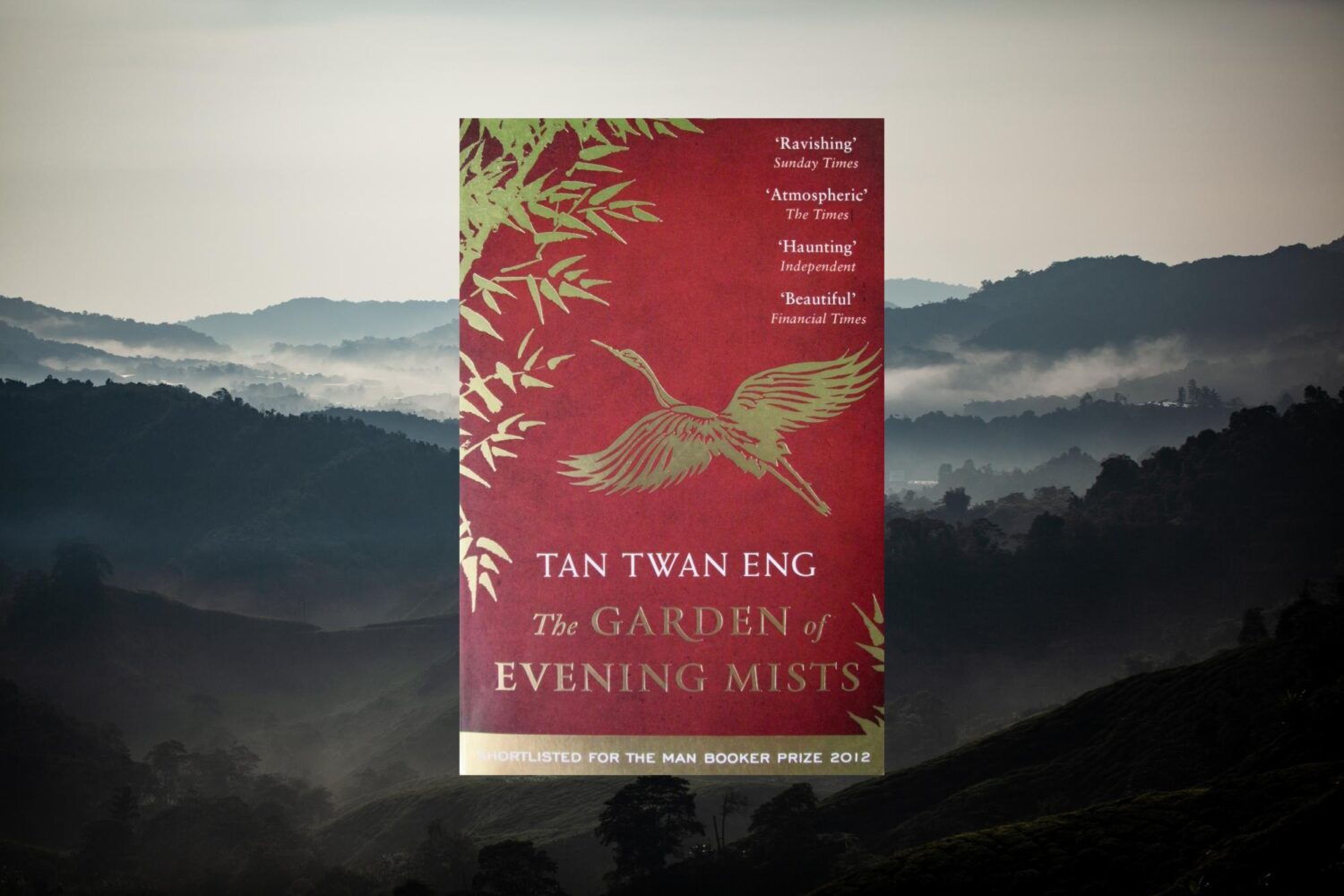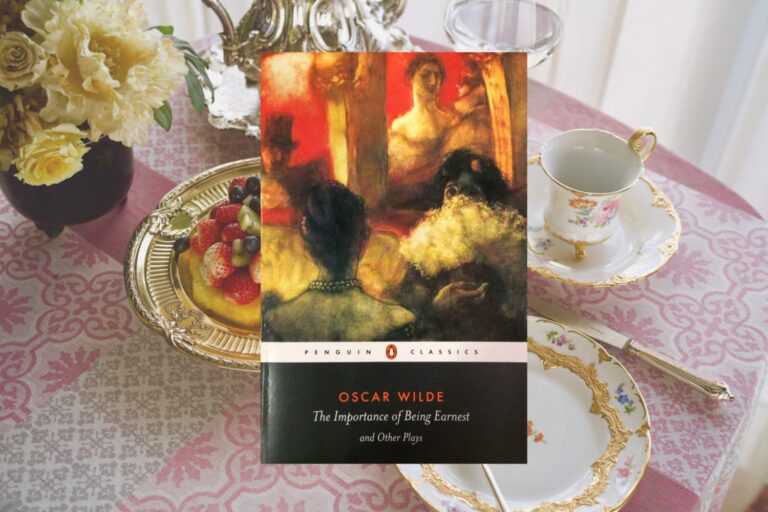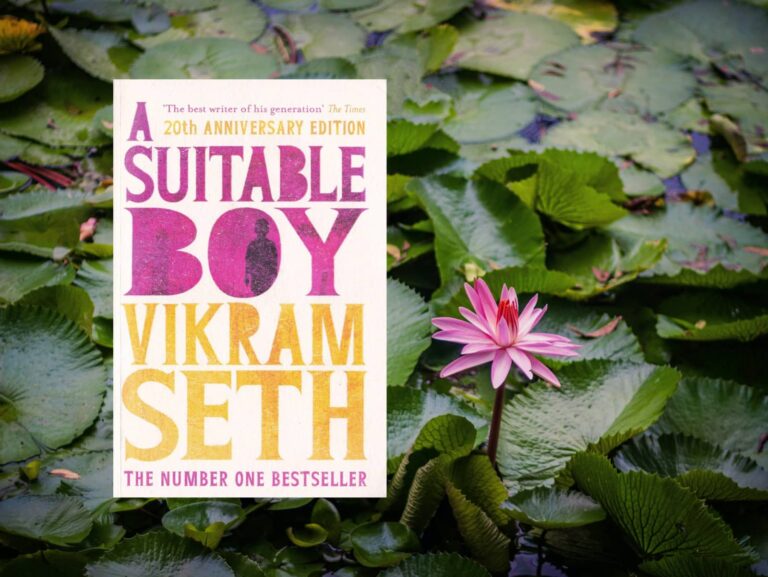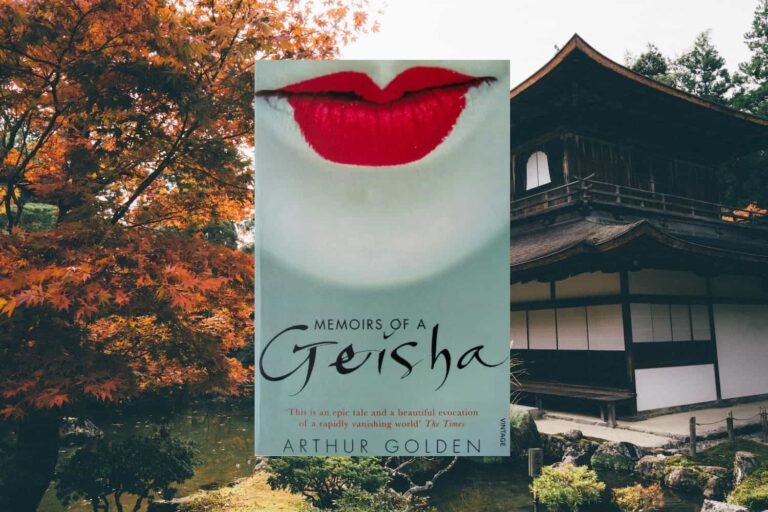‘I looked around and remembered how, in the camp, I had forced myself to take the first steps in saving my life. That journey had not ended, I realised.’
Teoh Yun Ling – the voice of the book – is a sharp-witted old lady whose tongue is just as brutally cutting as her mind, but unfortunately the latter is starting to fail her.
The book begins around present day Malaysia, with an aged Yun Ling retiring from her active role as a judge in the Supreme Court, all because she’s hiding a secret – she’s losing her memories. Faced with the loss and a growing sense of obligation to the past, Yun Ling returns to her home and to what was once Aritomo’s; Yugiri – Garden of Evening Mists – a Japanese garden set in the clouds. It’s here that she begins to recount the first and last time she met Aritomo; a man shrouded in as much mystery as the mountain peaks have mists around them. Apprentice to his gardens, Yun Ling is helped by Aritomo to shape her anger, to see her hurt, and to provide – through her toiling of the grounds – a way to hold onto a sister she has lost, whilst also letting go.
In truth Aritomo and Yun Ling are complete opposites, contrasted and opposed from the start; for Aritomo is Japanese, and was once the Emperor’s gardener, while Yun Ling was once a prisoner in a Japanese internment camp, and was made to bow (through numerous beatings) to Japan’s faraway Emperor. She therefore has self-justified reasons to dislike Aritomo but she needs him if she’s to keep a promise.
The book’s chapters are split between the present day and the past – where Yun Ling’s memories of life truly began and where the book is predominantly based. A relationship is shown to exist between the two timeframes; her present-day actions shaped by the memories she recalls and loses; showing both the resilience of her character and the nature of relationships; to the changes in the country and a difference in outlooks.
In Yun Ling’s memories you’re introduced to a young woman who’s trying to move forward with her life as much as she’s equally held back by it. Set in Malaya in the 1950s, the atmosphere is tense, the land is free from Japanese rule, but still “guided” by the British, and divided by some into ethnicities, and separated by people who term the land theirs, from senior roles being given to Europeans, and communist guerrilla fighters who target and kill both strangers and friends, as easily as they do their enemies.
In the initial chapters Yun Ling’s character seems detached from life, cold, but when she begins to tell her past, she returns to who she was and in this becomes instantly more likable. Her directness is still there but personable, and through this reveals more of who she is.
On occasion there are lines within the book that caused me to pause, the writing style having a heavier weight at the end of a line – causing a point or emotion to be beautifully emphasised. Furthermore writer Tan Twan Eng has a strong sense of symbolism; the further Yun Ling delves into her memories, the more she awakens them for future preservation – and so in exploring Aritomo’s house and gardens she begins to do the same – the intangible and the tangible linked. This technique is also seen in Yun Ling’s desire to remember her sister by building her dream garden, but instead re-creates herself within it – Tan later verbalising this point but his delicate passages display its undertones throughout. As if I couldn’t heap-on more praise – I can – the transitions between the chapters are done lovingly, and flow with ease to one another, with both past and present moving forward in time whilst being connected. For example one chapter ends with Yun Ling losing sight of Aritomo, the next begins with her losing sight of herself.
Yun Ling briefly, but often, mentions her sister, and her time as a prisoner, and in this it’s like a ghost hovering over each page. When finally more of her story is revealed it feels like a heaviness within the book is lifted away. Tan has produced a narrative that stirs a range of emotions while having an unobtainable quality to it – both out of reach and beyond definition – showing how we’re never all good or all bad.
Throughout the book there is a repetition of conflict. Its brutality revealed through a range of people; a family friend as he recalls his experiences in South Africa; in Yun Ling’s internment; in the fight of a new government; in the enemy fighter.
In Yun Ling’s attempts to escape her painful memories she is instead forced to face them head-on, whether in the mannerisms of Aritomo, his speech, his traditions, or in the making of new merciless memories; “It’s not the first time I’ve seen dead bodies.” I studied his reflection in the glass. “The smell…I thought I had forgotten the smell. But one never does.”
The book is stunningly written, and in particular there were some short sections to the novel that blossomed beyond others; how Japanese gardening came to be started from heavenly desires; to feeling like one of the children in Tan’s book as they lap up the story of the ten suns – its short fable delivering one of the most enigmatic sections of storytelling I’ve ever read, and which fitted inside like a quiet relation to the book. However, one voice carried the loudest – Tatsuji, a historian set in the present day life of Yun Ling, and who’s also connected to a past that haunts, but by having Yun Ling patiently listen to the other side’s story of loss and pain, so too do we.
The Garden of Evening Mists is exquisite. Like the lighting of incense, its sweeping smell is evocative, the first-person narration shaping a time of dream-like beauty alongside neighbouring nightmares.
Other Notable Works by Tan Twan Eng:
- The Gift of Rain 2007
Book Edition Information:
Publisher: Canongate
ISBN: 978-1-78211018-7
Cover Illustration: www.blacksheep-uk.com
Presented Edition: 2013 Paperback
Background image courtesy of Nabil Farook on Unsplash











